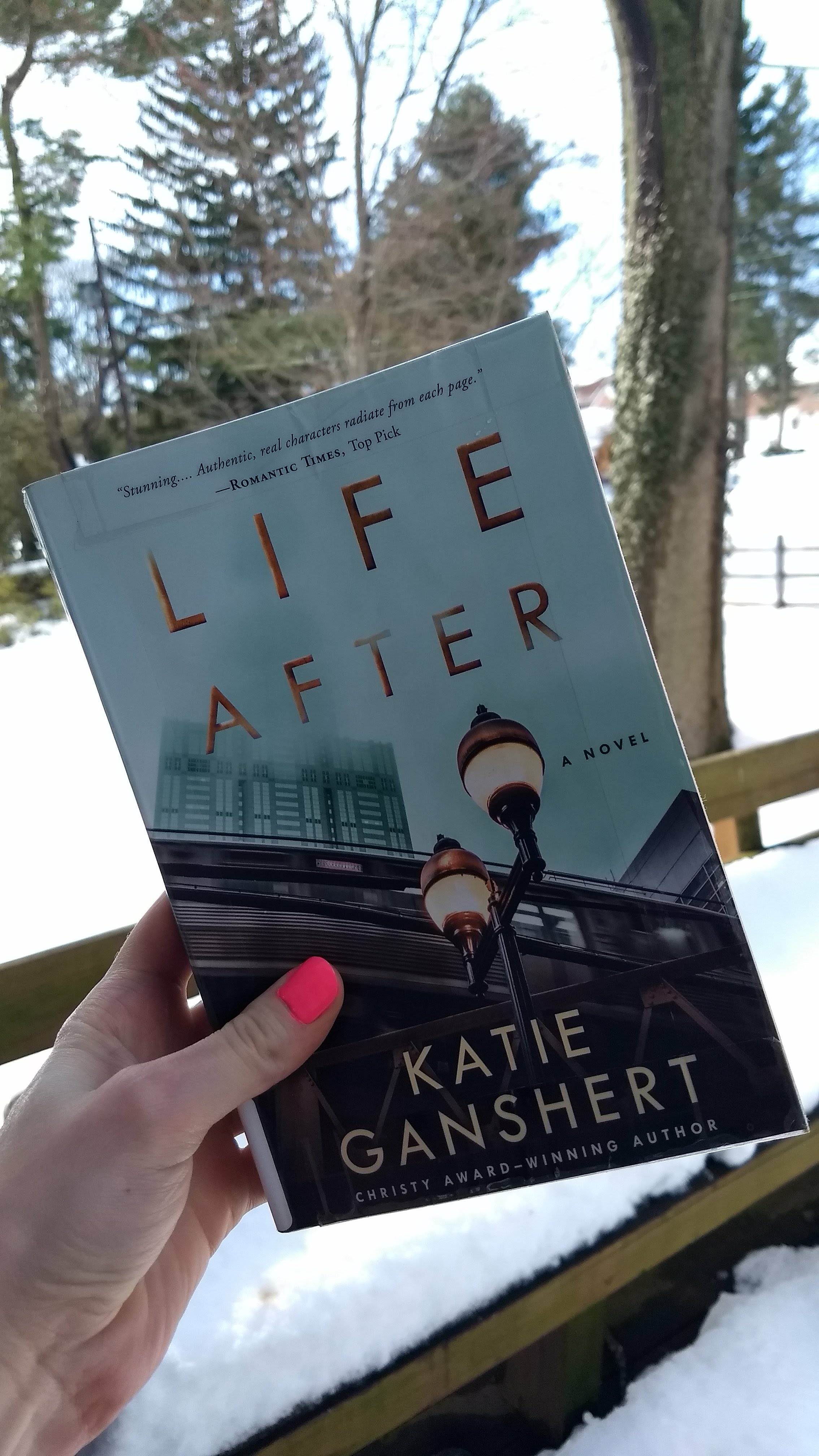I've read Laurie King before, but in a very different setting: Sherlock Holmes, to be precise. I wouldn't normally pick up a book that promises to "keep you up at night" because--hey--I have kids and my own nightmares to do that. However, the recommendation was really compelling, so I decided to give it a try.
Glad I did!
This book really kept my attention, but not in a terrified way. It was unsettling more than creepy, and I definitely wouldn't classify it as horror. Also, hard to call it a "thriller" when 90% of the book describes the protagonist rebuilding an old house on a beautifully forested, albeit deserted, island in the northern Pacific.
Rae (a retired woodworking artist) has the saddest life story ever, but the book doesn't make you dwell on the darkness of her past. The experiences are presented in flashbacks to help you understand who Rae is (childhood neglect, debilitating mental health issues, sudden great loss, assault), but you aren't as the reader forced to experience these traumatic events which is something I personally don't handle well.
The narrative is broken by journal entries from Rae, occasional correspondence, and a journal from her great-uncle Desmond, the previous owner of the house she is rebuilding. Everything weaves a very interesting tale of generational issues and PTSD (his from WW2 and hers from abuse and assault).
The tricky thing is a few random, sinister and threatening messages from an author the reader can't identify. Rae is quick to believe that anything strange she experiences is due to forgetfulness or hallucinations, but there's obviously more going on than she wants to think possible.
As the reader, you are usually left to assume that what Rae tells you is true, but Laurie King also intersperses what Rae calls "her own Watcher" where she sometimes has a sense that her mental illness is affecting her perception of a situation. It's explained that in the middle of a panic attack, Rae becomes aware that she's experiencing a panic attack and that can help her reason a bit. Rae describes it as the difference between her 'fear'--because she has had very real reasons to be afraid--and her 'anxiety,' when every twig snap sounds like a man behind her, poised to attack.
I enjoyed all three elements of the story: watching the house (named 'Folly') be rebuilt, interpreting the actions of Rae's stalker, and feeling Rae find peace and begin to heal.







